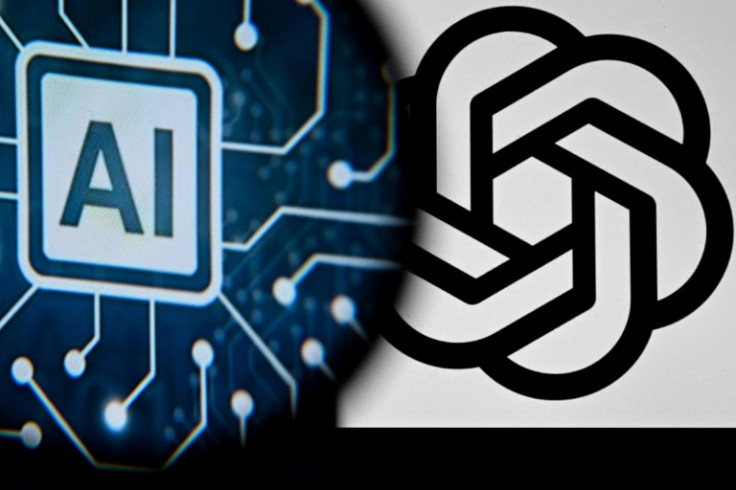Nvidia, Novo Nordisk Forge Path To Medical Breakthroughs With AI Supercomputer Gefion
Novo Nordisk, the pharmaceutical giant behind groundbreaking drugs like Ozempic and Wegovy, is embarking on a new frontier in medical research with the funding of a cutting-edge supercomputer.
The Novo Nordisk Foundation has allocated resources to Eviden, a French computing company, to construct a state-of-the-art supercomputer powered by Nvidia's artificial intelligence technology. The primary objective of this initiative is to revolutionize the discovery of new medicines and treatments.

The collaboration between Novo Nordisk and Eviden aims to develop one of the world's most powerful supercomputers, capable of processing vast amounts of data using AI algorithms. Named Gefion, after the Norse goddess of abundance, this supercomputer will be housed in Denmark's national center for AI innovation. It is expected to be operational for pilot projects by the end of the year.
Cédric Bourrasset, Head of Quantum Computing at Eviden, highlighted the transformative potential of Gefion, stating, "It should provide unprecedented potential to accelerate groundbreaking scientific discoveries in areas such as drug discovery, disease diagnosis, and treatment."
Gefion will leverage Nvidia's latest chip technology, featuring over 1,500 of Nvidia's H100 Tensor Core GPUs, and deliver an impressive six exaflops of FP8 AI performance. This computational power will enable researchers from Denmark's public and private sectors to conduct advanced scientific research across various domains, including medicine, quantum computing, and social sciences.
Mads Krogsgaard Thomsen, CEO of the Novo Nordisk Foundation, underscored the significance of AI in advancing scientific research, stating, "Groundbreaking scientific discoveries are based on data, and AI has now provided us with an unprecedented opportunity to accelerate research within, for example, human and planetary health."
Kimberly Powell, VP of Healthcare at Nvidia, elaborated on the collaborative efforts between Nvidia and Novo Nordisk, emphasizing their commitment to advancing medicine and scientific innovation. Powell stated, "In our collaboration agreement, we'll be taking all of this generative AI and bring it over to their sovereign AI infrastructure so that [Denmark] can really push into advancing medicine, quantum computing, and social sciences."
The investment in Gefion reflects a broader trend in the integration of AI technology into scientific research and development. Earlier this year, Microsoft showcased the transformative impact of AI in accelerating scientific discoveries, citing a case where AI models and high-performance computing were used to identify promising battery materials in a matter of weeks.
As countries around the world prioritize the development of high-performance computing and AI capabilities, Gefion represents Denmark's strategic investment in digital innovation. Morten Bødskov, Danish Minister of Industry, Business, and Financial Affairs, highlighted the importance of strengthening national strategic positions in the current geopolitical climate.
The construction of Gefion adds Denmark to the list of countries investing in exascale supercomputers and AI infrastructure. With initiatives like Gefion, the UK's exascale supercomputer projects, and the EuroHPC's support for advanced computing systems in the EU, the race for technological supremacy in HPC and AI continues to intensify.
While Gefion's AI performance is impressive, it's essential to note that true exascale computing capabilities extend beyond AI tasks. Nonetheless, Gefion's contribution to advancing scientific research and innovation underscores the critical role of AI-powered supercomputers in driving progress across various fields.
© Copyright IBTimes 2024. All rights reserved.






















